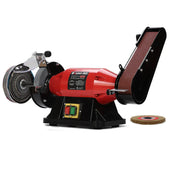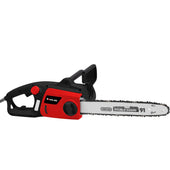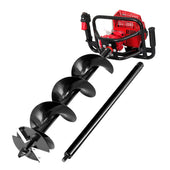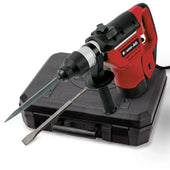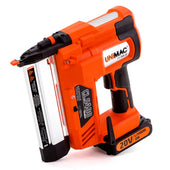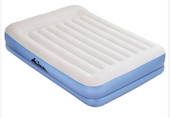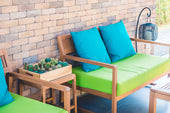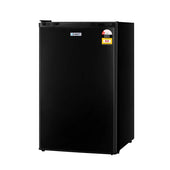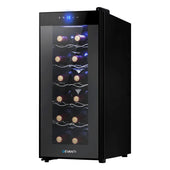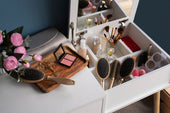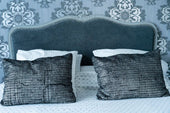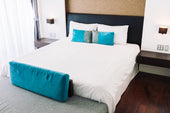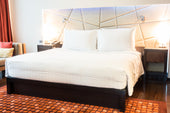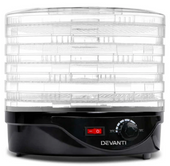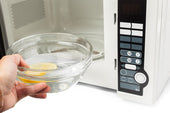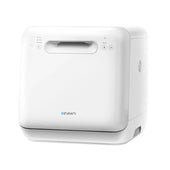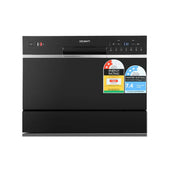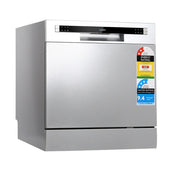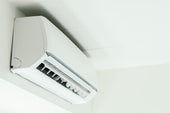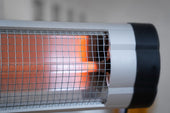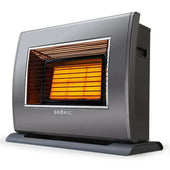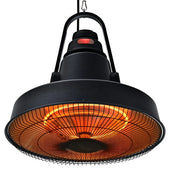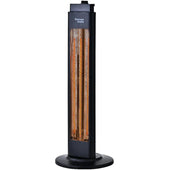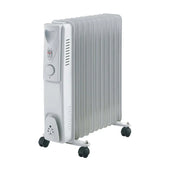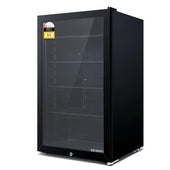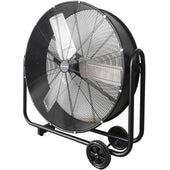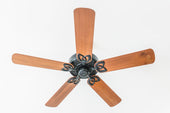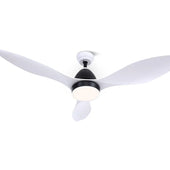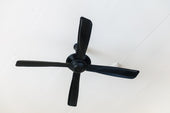Introduction to Shower Screens: Functionality and Aesthetics
Shower screens serve as both practical and stylish additions to bathroom spaces. Their primary function is to contain water within the shower area, preventing spills and ensuring the surrounding floor stays dry. Beyond their functionality, they play a pivotal role in enhancing the overall bathroom design, offering a sleek and modern look.
There are various types of shower screens available, including:
- Frameless Shower Screens: Offer a minimalist and seamless appearance that maximises light.
- Framed Shower Screens: Provide extra durability with a defined frame.
- Sliding Shower Screens: Ideal for smaller spaces due to their space-saving design.
With options in glass types, finishes, and customisation, shower screens combine practicality with aesthetic appeal, catering to diverse bathroom styles.
Types of Shower Screens: Finding the Perfect Fit
Selecting the right shower screen involves understanding the available types, each offering distinct benefits and aesthetic appeal, especially During Days when frequent use and easy maintenance are essential.
- Frameless Shower Screens: Made entirely of toughened glass, these screens feature minimal hardware, creating a sleek and modern look. They are easy to clean and ideal for minimalistic designs.
- Semi-Frameless Shower Screens: Combining a subtle frame with expansive glass panels, these screens achieve a balanced mix of structure and openness.
- Framed Shower Screens: With a robust frame around the glass panels, these are durable and versatile, available in various colours and finishes to suit diverse styles.
- Sliding Shower Screens: Featuring sliding doors, these options are excellent for compact bathrooms or spaces where swing doors may be impractical.
- Pivot-Hinged Shower Screens: Designed to open outward or inward, these provide flexible movement, adding convenience to larger bathrooms.
Frameless vs Framed Screens: Pros and Cons
When choosing between frameless and framed shower screens, various factors need to be considered to suit personal aesthetics and functionality.
Pros of Frameless Screens:
- Sleek Design: Offers a minimalist and modern look, enhancing the sense of space in the bathroom.
- Easy Maintenance: Fewer joints and edges make cleaning simpler and reduce mould build-up.
- Customisation: Can be tailored to fit unique bathroom layouts with precise cuts.
Cons of Frameless Screens:
- Higher Cost: Typically more expensive due to premium materials and customisation options.
- Structural Dependency: Relies heavily on thick tempered glass for stability, which may increase weight.
Pros of Framed Screens:
- Affordability: A more budget-friendly option than frameless designs.
- Sturdier Structure: Frames provide added support, making them highly durable.
- Wide Variety: Available in multiple styles and finishes to match traditional or contemporary bathrooms.
Cons of Framed Screens:
- Maintenance Challenges: Frames can trap dirt and moisture, leading to potential corrosion or mould.
- Less Contemporary Aesthetic: Offers a less streamlined appearance compared to frameless options.
Both styles cater to different priorities, balancing cost, practicality, and aesthetics.
Sliding vs Hinged Doors: Which One Should You Choose?
When selecting between sliding and hinged shower doors, each option has distinct advantages depending on the bathroom's layout and user preferences.
Sliding Doors
- Space-saving: Ideal for compact bathrooms, as they don’t require swing clearance.
- Modern aesthetic: Often complements contemporary designs with sleek, frameless glass.
- Ease of use: Smooth sliding mechanisms provide effortless operation.
- Cleaning: Tracks may collect dirt, requiring regular maintenance.
Hinged Doors
- Classic design: Fits both modern and traditional styles seamlessly.
- Wide opening: Provides greater accessibility, ideal for mobility needs.
- Robust hardware: Hinges typically offer better durability.
- Space requirement: Needs sufficient room for the door to swing open.
Choosing depends on factors like bathroom size, cleaning preferences, and desired visual appeal.
Materials for Shower Screens: Glass, Plastic, and Alternatives
When selecting a shower screen, understanding the materials available is crucial for durability, maintenance, and overall style.
Glass Shower Screens
- Tempered Glass: Known for its strength and resistance to shattering, it is a popular choice for safety.
- Frosted or Tinted Glass: Offers enhanced privacy while complementing modern aesthetics.
- Coated Glass: Features water-repellent treatments, reducing cleaning efforts.
Plastic Shower Screens
- Acrylic Panels: Lightweight and cost-effective, ideal for budget-friendly setups.
- Polycarbonate: Offers more durability than acrylic while remaining affordable for various applications.
Alternative Materials
- Stainless Steel Mesh: Provides an industrial look and allows for airflow.
- Reed Screens: Eco-friendly and suitable for creating a natural, spa-like ambiance.
Each material brings unique properties, influencing the functionality and appearance of your shower area.
Clear, Frosted, or Textured Glass: A Guide to Visual Appeal
Choosing the right glass for a shower screen significantly impacts both functionality and aesthetics. Clear glass offers a sleek, modern look, making smaller bathrooms feel more spacious by allowing light to flow freely. Frosted glass, on the other hand, adds privacy while maintaining contemporary appeal, ideal for shared or family bathrooms. Textured glass, available in various patterns such as geometric or wave designs, introduces a decorative element that enhances the room's character.
Consider maintenance when selecting glass types. Clear glass requires regular cleaning to minimise watermarks, while frosted and textured glass can conceal smudges more effectively. Comparing these options helps balance style with practicality.
Space-Saving Designs: Ideal Shower Screens for Small Bathrooms
Optimising space in small bathrooms requires thoughtful shower screen choices. Frameless shower screens are highly effective, as their minimal design creates the illusion of a larger, seamless space. Sliding shower screens are also ideal because they eliminate the need for outward-opening doors, making them practical for tight layouts.
Consider bi-fold designs that fold inwards, providing accessibility without encroaching on other areas. Fixed glass panels, often referred to as wet room screens, add modernity while keeping the bathroom open and airy. Frosted or clear glass enhances space perception without compromising privacy.
Attention to design details ensures functionality, aesthetic harmony, and enhanced use of limited spaces.
Maintenance Tips: Keeping Your Shower Screen Looking Brand New
Maintaining the appearance and longevity of a shower screen requires consistent care and attention. Regular cleaning is crucial to avoid the buildup of soap scum, water stains, and mould. Use a non-abrasive cleaner or a solution of vinegar and water to gently wipe the surface.
After each use, a quick wipe with a squeegee helps minimise water spots and streaks. Inspect and clean the seals around the screen to ensure they remain mould-free and intact. For framed screens, ensure hinges and tracks are kept debris-free to maintain smooth operation.
Cost Breakdown: Budget-Friendly vs Luxury Options
When selecting shower screens, the cost varies significantly based on design, material, and features.
Budget-Friendly Options
- Materials: Typically use acrylic or tempered glass. Acrylic screens are lightweight but less durable than glass options. Basic tempered glass offers safety at an affordable price.
- Designs: Framed or semi-frameless designs are more economical. They’re practical, and easier to install.
- Features: Limited customisation. Standard sizes and finishes keep costs low.
Luxury Options
- Materials: High-quality tempered glass or laminated glass for durability and aesthetics. Some feature frosted or textured finishes.
- Designs: Frameless screens provide a sleek, modern appearance, but they cost more. Curved or customised shapes add to the price.
- Features: Advanced coatings for easy cleaning or bespoke fixtures can drive up costs.
Key Factors When Choosing Shower Screens: Practicality, Durability, and Style
When selecting shower screens, practicality takes precedence, ensuring the design aligns with the bathroom layout and functionality. Frameless screens offer a sleek look while accommodating compact spaces, whereas framed options may provide additional support and stability in high-use areas.
Durability is essential for long-term use. Materials like toughened glass resist breakage and everyday wear, while coatings such as anti-limescale treatments preserve their clarity and reduce maintenance effort. Check for robust fittings to ensure sustained reliability.
Style enhances the aesthetics, complementing bathroom décor. Options include frosted panels for privacy, clear glass for modern appeal, or textured finishes to add character. Combining utility and visual harmony elevates the bathing experience.
Installing Your Shower Screen: DIY vs Professional Help
Deciding between a DIY approach and hiring a professional for shower screen installation depends on several factors.
DIY Installation:
- Cost Savings: DIY projects eliminate labour costs, making them appealing for tighter budgets.
- Satisfaction: Completing the installation independently gives homeowners pride in their work.
- Skill Required: Shower screen installation demands precise measurements, alignment, and fitting. Inexperienced installers risk issues like leaks or stability concerns.
Hiring a Professional:
- Expertise: Professionals bring specialised tools and experience, ensuring a flawless finish.
- Time Efficiency: Skilled labour completes tasks quickly, ideal for busy schedules.
- Peace of Mind: Many installers offer warranties, assuring long-term durability and quality.
Assessing one’s confidence, tools, and time will help determine the best route for success.
Conclusion: Creating the Perfect Shower Space
The perfect shower space is achieved through a careful selection of materials and shower screen designs that suit both functionality and aesthetic preferences. By considering factors like durability, maintenance needs, and overall design harmony, one can ensure a seamless integration of the shower screen into a bathroom environment.
Choosing from options such as frameless, semi-frameless, or fully framed shower screens allows greater flexibility to cater to varying tastes and budgets. Furthermore, materials like tempered glass, frosted finishes, or coated glass each contribute distinct advantages, such as safety, privacy, or ease of cleaning.
Attention to installation quality and compliance with safety standards is equally crucial, ensuring the shower area remains secure and durable over time.


